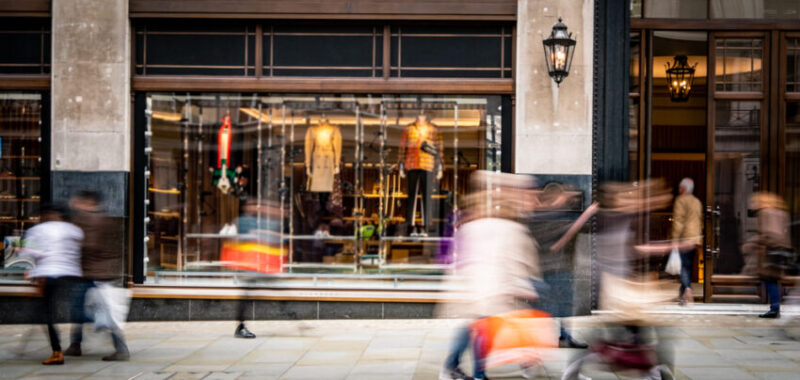UK consumer confidence has dropped to its lowest level since the peak of the cost of living crisis in December 2022, as households feel the strain of Donald Trump’s new tariffs, the ongoing war in Ukraine, and a raft of domestic tax and price increases, according to new data from Which?.
The consumer group’s latest confidence tracker fell by seven points to -53, reflecting widespread concern over both the economy and personal finances. Nearly two-thirds of consumers (64%) believe the UK economy will deteriorate over the next year, while just 11% are optimistic it will improve.
The data mirrors other warnings about rising anxiety among UK households. According to GfK, April brought a “perfect storm” of pressures including higher utility bills, council tax, road tax, and stamp duty, compounded by global instability and fresh concerns about inflation rebounding due to Trump’s trade policies.
The survey, conducted in the month to 11 April, found that 67% of people blamed their pessimism on global events like the Russia-Ukraine war and Trump’s reciprocal tariffs, while 63% cited rising prices, and 60% pointed to UK government tax changes.
Household financial outlooks also deteriorated sharply, with confidence in future household finances dropping by 10 points to -19 — the lowest level since July 2023. Confidence in current finances also fell by six points to +21.
Roughly 1.9 million households missed at least one essential payment in April, including rent or mortgage payments, utility bills, or loan repayments. The rate of missed rent payments rose to 4.7%, reflecting the continued squeeze on tenants.
An estimated 13 million households (46%) were forced to make at least one financial adjustment in the past month to cover basic costs like energy, housing, groceries, school supplies, or medicines. These adjustments included cutting back on essentials, dipping into savings, selling belongings, or taking on debt. While slightly improved from 51% in March, the figure remains high.
Rocio Concha, director of policy and advocacy at Which?, urged the government to take action to restore confidence and shield consumers from predatory practices.
“Consumer protections give people the confidence to spend,” she said. “Whether it’s rooting out online fraudsters, taking down rogue traders or tackling misleading business practices, the government must do more to place consumers at the heart of its plans to grow the economy.”
With Trump’s tariffs threatening to push up prices on imported goods and further disrupt global supply chains, analysts fear the current slide in confidence could worsen. The International Monetary Fund has already cut its UK growth forecast for 2025, and the Office for Budget Responsibility has warned of potential tens of billions in lost output if global trade tensions escalate.
As millions of British households remain on tight budgets, the path to economic recovery may depend as much on rebuilding consumer trust as on taming inflation or boosting GDP. For now, the outlook remains clouded by both international uncertainty and domestic policy decisions.

